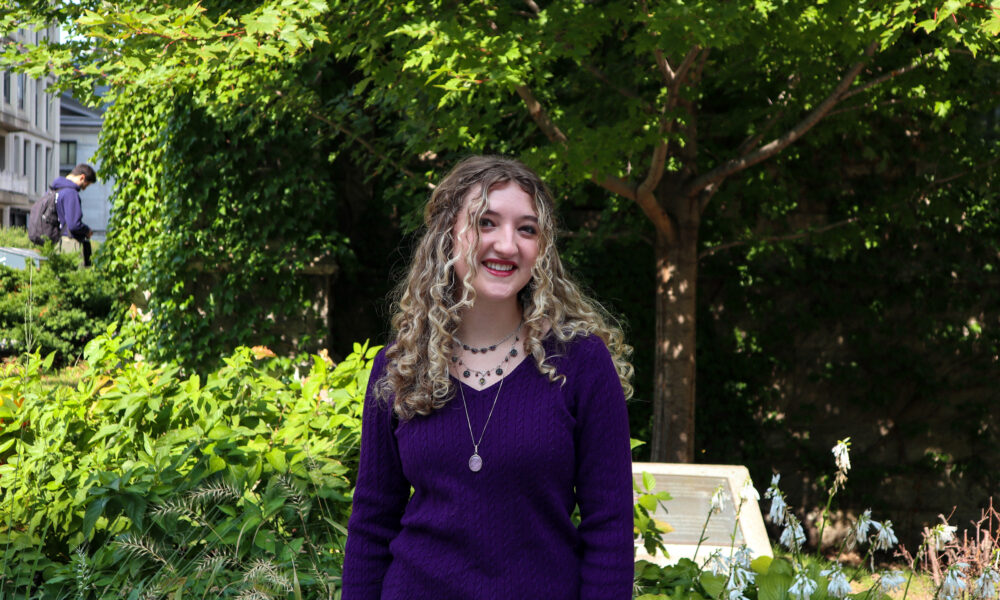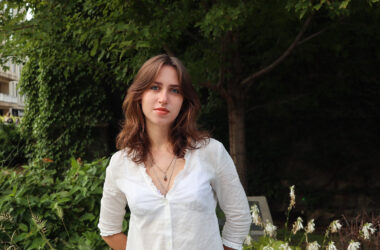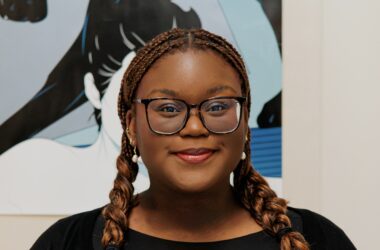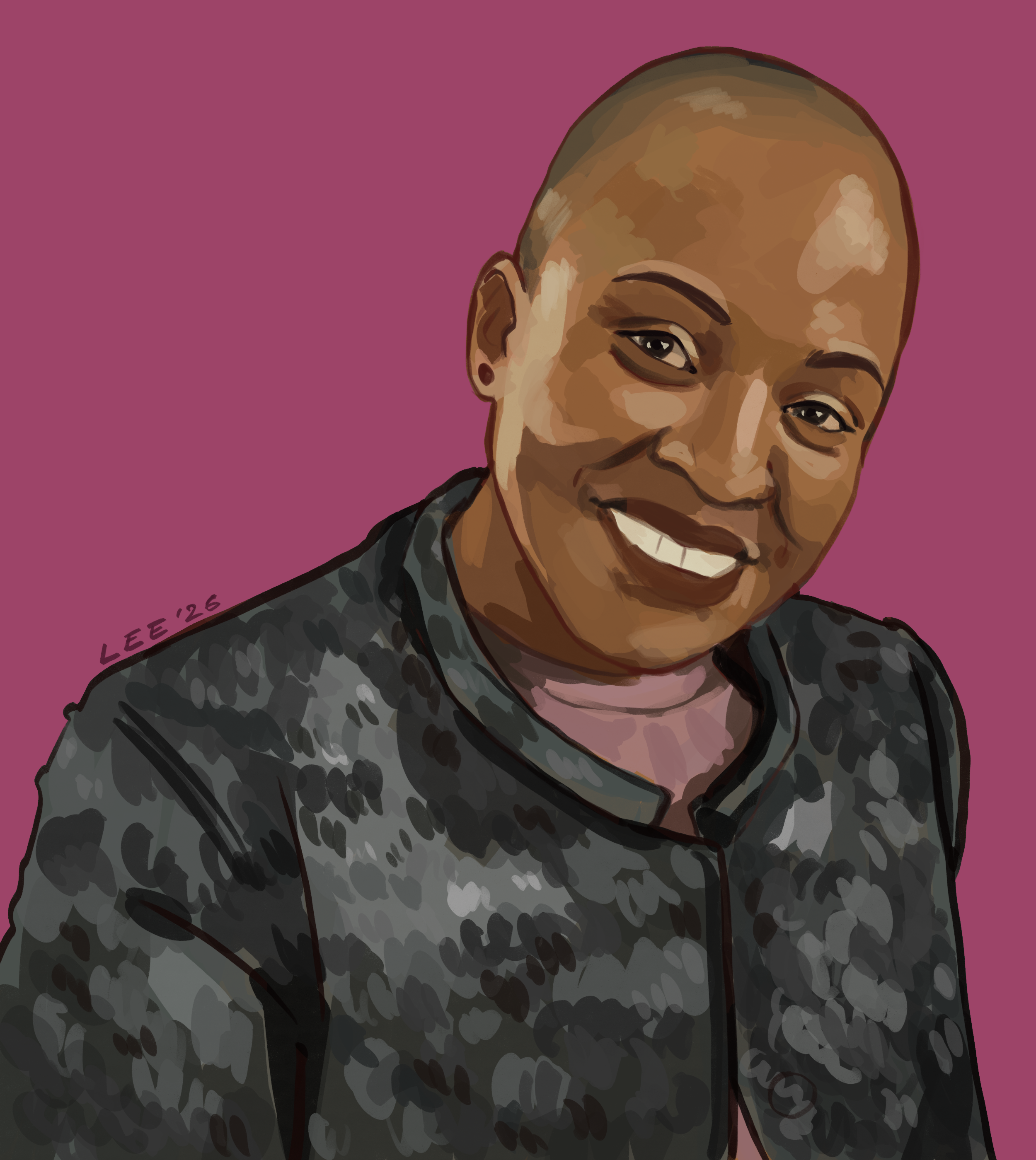We’ve heard the lines and seen the videos probably more times than we can count—“Protect your peace,” “choose yourself”, “cut people off that don’t serve you,” and the one that gives me the most pause, “you don’t owe anyone anything.”
The latest mental health trend: ‘Radical’ self-care. Originally coined by Audre Lorde as a revolutionary form of survival for Black women in the 1960s, self-care has since been repackaged for mass consumption in the form of self-optimization and healing. It is devoid of its original context, and in the hands of TikTok and Instagram influencers, has become capitalism’s newest way of distracting us from the power of collective action.
The romanticization of solitude and an obsessive capitalist emphasis on the value of one’s personal comfort and success are implicit in the modern rhetoric of self-care, thereby devaluing connections that may seem less convenient. Of course, there are very real reasons to cut contact with family, friends, or relationships that have been sources of pain and trauma. But embedded within the framework of cutting off relationships that don’t serve you is the postulation that friendships should behave like investments—to be easily discarded when they are no longer profitable.
Through advice for self-optimization, influencers sell you a life designed to avoid pain, friction, conflict, and burden, and all it takes—so they claim—is to cut off the relationships that make you feel anything but good, to remedy negativity with self-isolation and the right products. It’s ‘self-care’ to blow off a friend who’s struggling, because they’re draining for you. Be careful! Their energy might rub off on you and get in the way of your future self.
These messages are also broadcast as healing. If you’ve experienced any of life’s inevitable pains—a breakup, maybe, or a fight with a friend—then pop psychologists will tell you to isolate yourself so as not to infect anyone else with your toxic mindset. This implies that healing is a linear process or an optimized state of mind, but also suggests your trauma is solely your responsibility. Heal first. Become a better friend, a better partner, a better person, and do it by focusing on yourself.
This sets up an unhealthy dichotomy of you versus everyone else. Whether you’re healing or protecting your energy from others, this rhetoric convinces us that people and their needs are inherently a burden, making us afraid to rely on each other when we need it. This shift towards isolation harms more than just our mental health; it impairs our ability to organize at a time when it’s more important than ever to do so.
“Protecting your peace” doesn’t serve you—it serves the people that capitalize on your consumption, and on your constant quest for more in the absence of authentic human connection. Isolation as self-care obscures the fact that we are all inextricably connected, and that how we spend our time and energy will always have consequences on others, whether we give it out ‘for free’ or keep it all to ourselves. This view of the world doesn’t only come from an innocent desire to take care of ourselves, but from capitalistic values that teach us to be selfish with what’s ours.
Connecting with each other means negotiating your perspective amongst divergent ones, inevitably bringing friction. If we don’t question each other and ourselves, then we won’t learn to question our systems or authorities. It is through our relationships that we practice navigating the messiness of the world that exists all around us, and where we start negotiating how that world should be.
All of history’s monumental social movements—from the Civil Rights Movement, to women’s movements, to the anti-apartheid struggle in South Africa—were rooted in relationships and mutual aid, with conversations and arguments over shared meals. Difficult conversations are what made people into revolutionaries, and revolutions sustained themselves through the support that people owed to each other.
All the self-care you can buy won’t make you a better person or a better friend. We can’t be successful activists if we don’t first forge meaningful and sometimes messy human connections, and we can’t challenge powerful institutions if we run from discomfort or interpersonal conflict. Maintaining community is self-care, not its antithesis.









